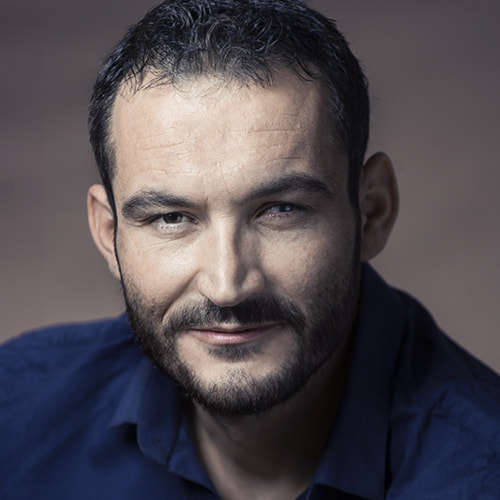
Election promises: Fact check
A look into some of this week’s boldest claims.
|07.10.2017
|
“The promises of the mayoral candidates, both in the past and now, are empty promises."
Albulena Nrecaj, Initiative for Progress“I don’t know why businesses and citizens would participate in [such a] public investment.”
Amir Jakupi, local journalist
Eraldin Fazliu
Eraldin Fazliu is a former journalist at Kosovo 2.0. Eraldin completed his Master’s on ‘European Politics’ at the Masaryk University in the Czech Republic in 2014. Through his studies Eraldin became interested in the EU’s external policies, particularly in promotion of the rule of law externally. He is a passionate reader of politics and modern history.
This story was originally written in Albanian.